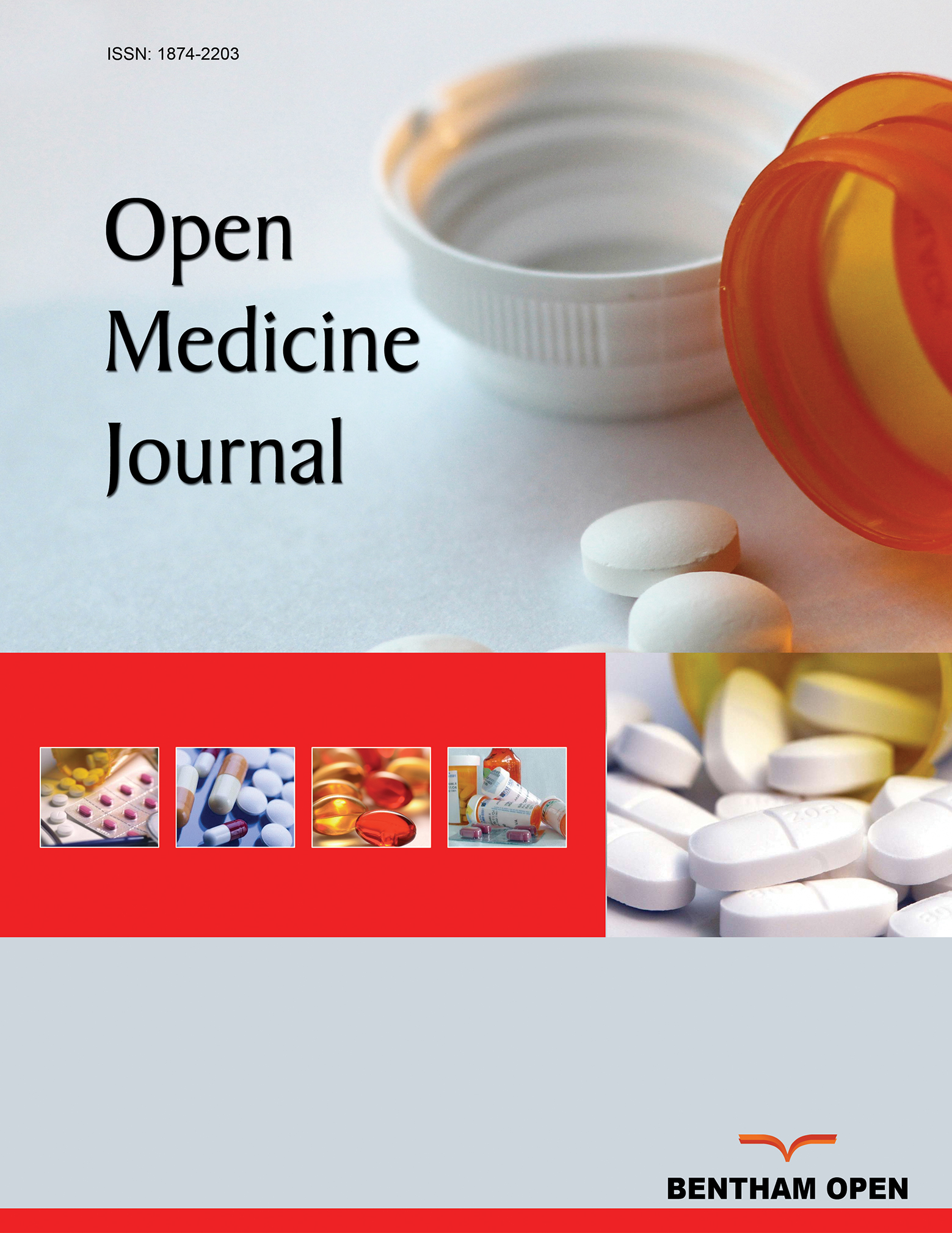All published articles of this journal are available on ScienceDirect.
Informed Consent for Genetics Research in Italy
Abstract
Background:
Genetic research has become an indispensable instrument for medical research, and the subjects involved have both divergent and convergent interests.
Objective:
The possibility of having more detailed genetic information undoubtedly offers benefits for the health of the subject, but could also pose risks and make the subject vulnerable to discrimination.
The scientific community has viewed very favorably the public health utility of family history, in which data from a family whose members suffer from chronic pathologies is collected and filed, in order to develop a sort of "stratification of family risk."
Even though in the last decade the scientific and juridical literature has contributed greatly to the topic of biobanks, the perplexities that continue to surround this theme give the idea that current ethical protocols on research are inadequate.
Conclusion:
Genetic data must be used not to exploit, but to serve the person. Freedom and responsibility must be the twin guiding lights for establishing parameters for the use of biological samples. An evaluation of how this technology impacts the various aspects of the future of society is urgently needed.


